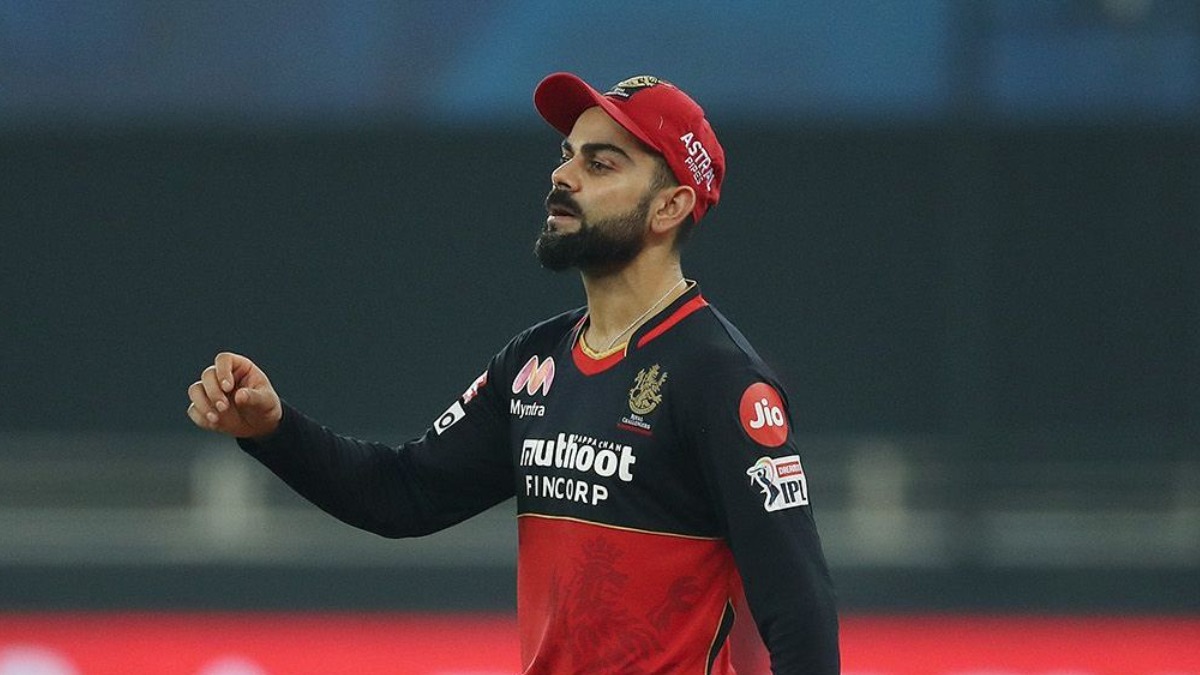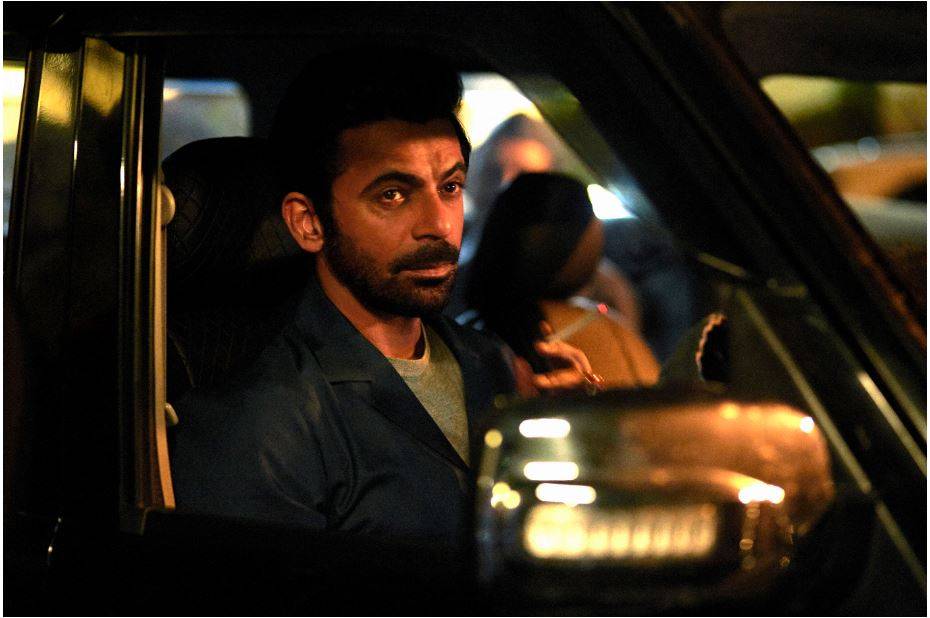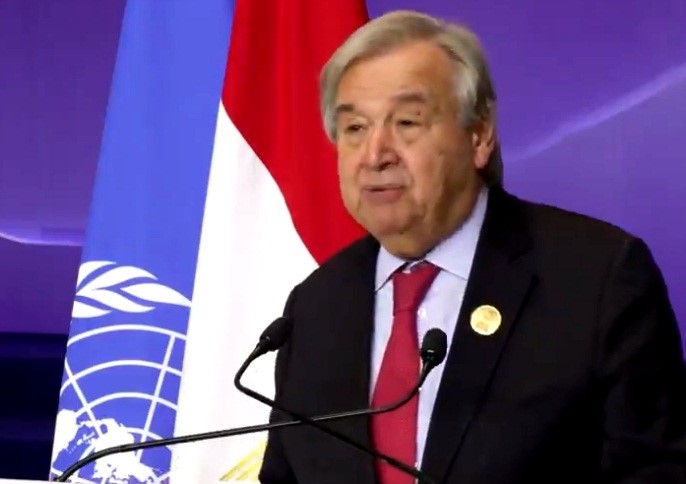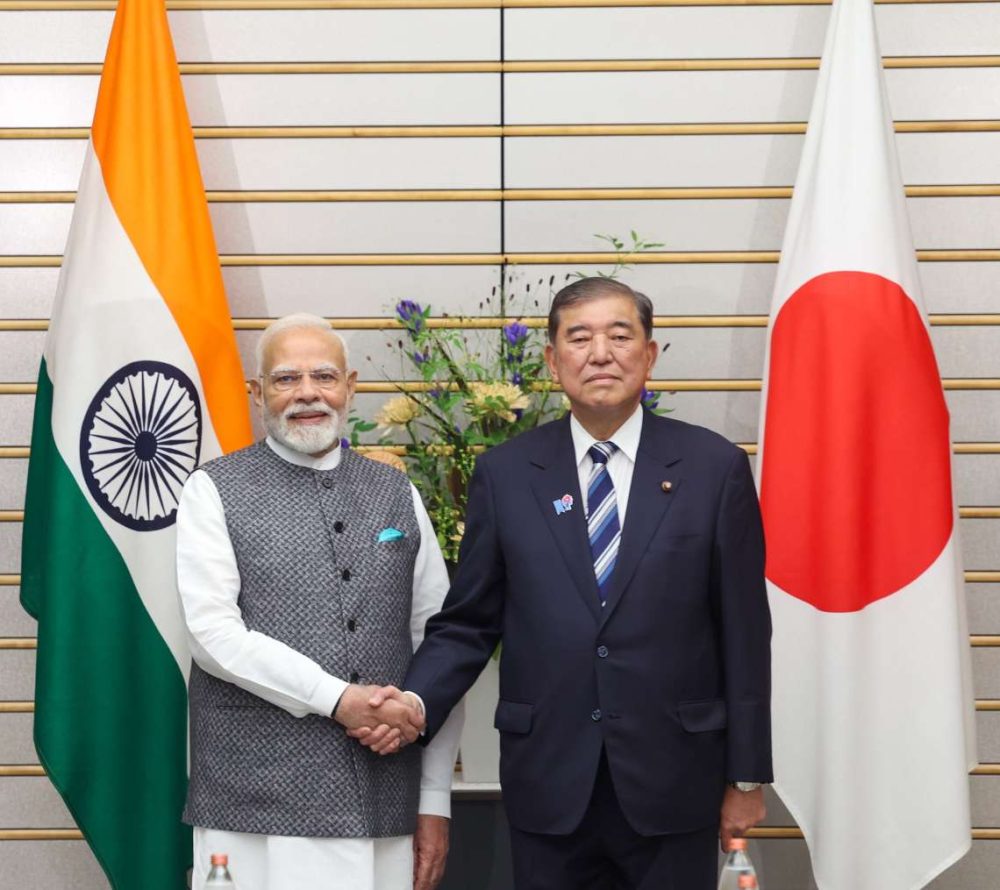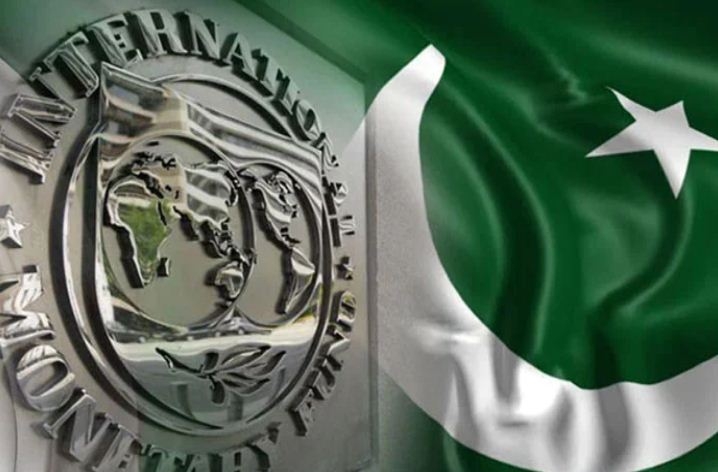“Any attempt to undermine or derail the Inter-Government Negotiations (IGN) process will prove counterproductive,” urged Munir Akram, Pakistan’s Permanent Representative to the UN…reports Hamza Ameer
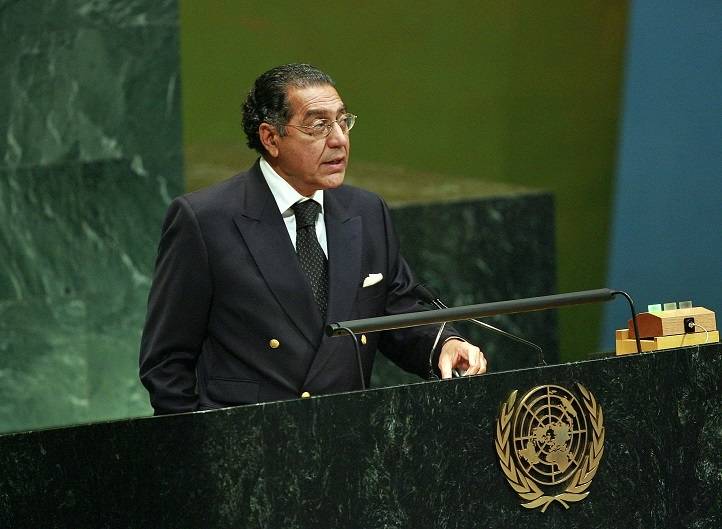
As India, Brazil, Germany and Japan put forward efforts to reform the 15-member body of the United Nations Security Council (UNSC) and add seats of new permanent members, Pakistan has opposed the idea, stating that it would “kill the consensus-based process to make it more effective, representative and accountable.”
“Any attempt to undermine or derail the Inter-Government Negotiations (IGN) process will prove counterproductive,” urged Munir Akram, Pakistan’s Permanent Representative to the UN.
“The Inter-Government Negotiations (IGN) remains the only credible platform for a comprehensive reform of the Security Council,” he added.
He criticised the G-4 members (India, Brazil, Germany, Japan) for trying to create fear of losing the opportunity and need for reform unless their “procedural moves to short circuit the process were endorsed.”
Akram tweeted: “At the 1st meeting of the IGN today, I reiterated Pakistan’s principled position for a comprehensive ?#UNSCreform. We are prepared to breathe new life in the IGN process but some want to kill it.”
A general agreement to enlarge the Council has been in place since February 2009, when full-scale negotiations to reform the Security Council began in the General Assembly.
Since the start of the negotiations, member states have remained divided over the details. The G-4 states have suggested to expand the Security Council by at least 10 seats (six additional permanent and four non-permanent members). While Uniting For Consensus (UFC) group, comprising of Italy and Pakistan, opposes any addition to the list of permanent members.
“It would make the Council less representative, less effective and more divided and will diminish the right of the vast majority of the UN membership to serve to the Council,” the UFC maintained.
UFC has proposed a new category of members – non-permanent members with longer duration in terms and possibility to get re-elected.
“UFC proposal to add 11 new non-permanent seats would redress the deficit of equitable representation in the Security Council, as it accommodates the interests of all groups,” said Akram.
“In 1945, there was one non-permanent seat for 8 member states, today there is one non-permanent seat for 19 member states. A third of the UN members have never served on the Council. Saint Vincent and the Grenadines, for example, is only the second Small Island Developing State (SIDS) to ever serve on the Council,” Akram added.
The Security Council is currently composed of five permanent members – Britain, China, France, Russia and the United States and 10 non-permanent members elected to serve for two years.



